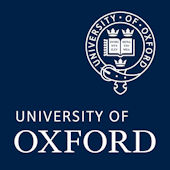Research Topic: Consumption of Sugar in the 17th Century British Atlantic
By 1750 sugar was an item of mass-consumption across the British Atlantic. Once a rare luxury, it became a staple item in the kitchen, stirred into every cup of tea. My thesis looks at how this came to happen.
Drawing on a broad range of source materials ranging from port statistics to recipe books, I show that sugar was more widely available and consumed by a greater number of people earlier than we have recognised. While scholarship focusing on the production boom in sugar is deeply rooted in the 17th century, there is an unexplained time lag between studies of production and consumption. Scholarship on the consumption of sugar instead focusses on the 18th century and the concomitant rise of tea and coffee. My work closes the time gap between these two areas and demonstrates that sugar was consumed in greater volumes during the 17th century – almost as soon as the production boom took off.
The argument is important because it shows the sugar industry to be more developed and geographically extensive by the end of the 17th century, and as such, it begins to explain how consumption was able to take off with such rapidity in subsequent decades.
For the 2018-19 academic year, I was the Queen Elizabeth Fellow at the University of Pennsylvania. I completed the MPhil in Early Modern History at Emmanuel College, Cambridge in 2015/16 after spending a year as the William Alexander Fleet fellow in the History Department at Princeton. Before starting my DPhil in 2017, I worked at Sotheby’s auction house.
Experience
-
–presentPhD candidate in history, University of Oxford
- Oxford
- Article Feed
- Joined


